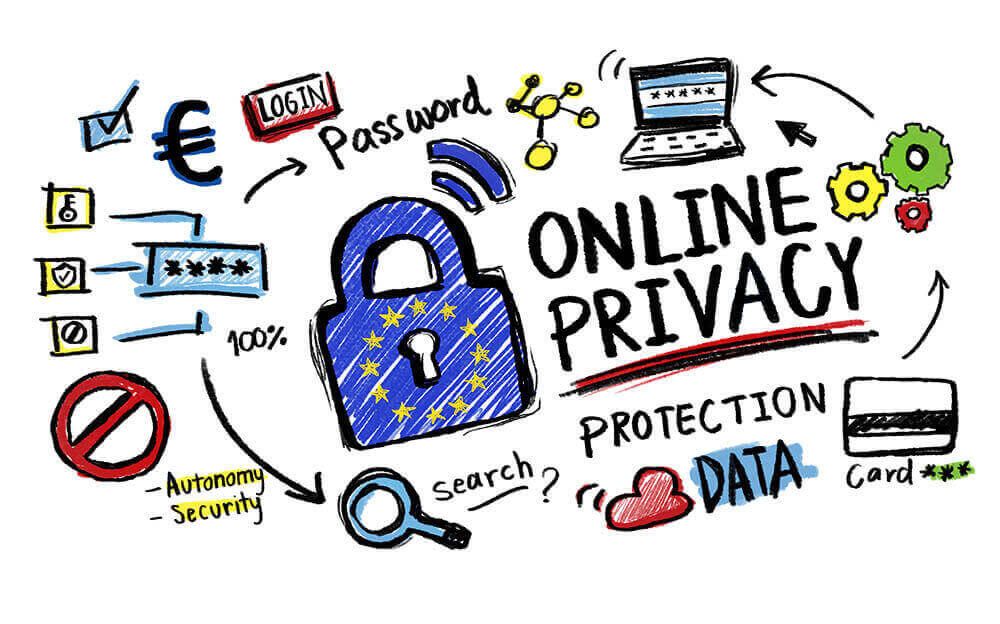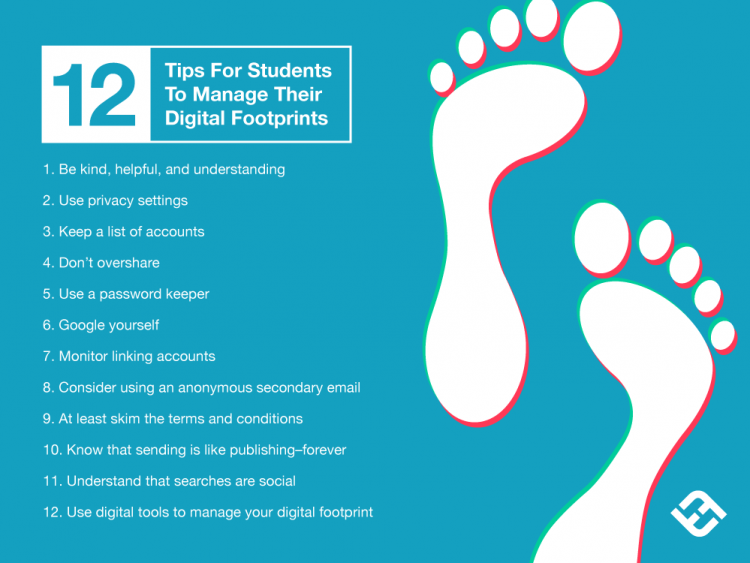SOCIAL NETWORKING ETHICS Presentation
| Introduction | ||
|---|---|---|
| Social networking ethics refers to the principles and guidelines that govern the appropriate and responsible use of social media platforms. Ethical behavior on social networks ensures respect for others, privacy protection, and promotes positive online interactions. Understanding and practicing social networking ethics is essential for maintaining a healthy and responsible digital presence. | ||
| 1 | ||
| Respect for Others | ||
|---|---|---|
| Respect others' opinions and beliefs, even if they differ from your own. Avoid engaging in cyberbullying or harassing behavior towards others. Be mindful of the impact your words and actions can have on others and strive to create a positive online environment. | ||
| 2 | ||
| Privacy Protection | ||
|---|---|---|
| Respect privacy settings and refrain from sharing personal or sensitive information without consent. Be cautious when sharing photos or videos of others, ensuring that they are comfortable with their content being shared. Use strong and unique passwords for social media accounts to prevent unauthorized access. | ||
| 3 | ||
| Authenticity and Transparency | ||
|---|---|---|
| Be honest and authentic in your online interactions, representing yourself accurately. Clearly disclose any conflicts of interest when endorsing products or services. Avoid creating fake accounts or spreading false information to manipulate others. | ||
| 4 | ||
| Intellectual Property Rights | ||
|---|---|---|
| Respect copyright laws and give credit to the original creators when sharing or using their content. Obtain proper permissions before using copyrighted material for commercial purposes. Avoid plagiarism by properly citing and referencing sources when sharing information or ideas. | ||
| 5 | ||
| Responsible Networking | ||
|---|---|---|
| Be mindful of the content you share, ensuring it is accurate, reliable, and appropriate. Think before you post, considering the potential consequences of your actions. Engage in constructive discussions and avoid spreading hate speech or participating in online disputes. | ||
| 6 | ||
| Digital Footprint Management | ||
|---|---|---|
| Understand that everything you post online contributes to your digital footprint. Regularly review and update privacy settings on social media platforms. Be aware that even deleted content can potentially be retrieved or archived. | ||
| 7 | ||
| Cybersecurity and Safety | ||
|---|---|---|
| Protect your personal information by using privacy settings and being cautious about what you share. Be aware of phishing attempts, suspicious links, and scams on social media platforms. Report and block any accounts or individuals engaging in harmful or malicious activities. | ||
| 8 | ||
| Social Media Etiquette | ||
|---|---|---|
| Be polite and respectful in your online interactions, just as you would be in person. Avoid excessive self-promotion or spamming others with irrelevant content. Take breaks from social media to maintain a healthy balance and avoid addiction. | ||
| 9 | ||
| Conclusion | ||
|---|---|---|
| Practicing social networking ethics contributes to a positive and responsible online community. By respecting others, protecting privacy, and being authentic, we can create a safer and more inclusive digital environment. Let's strive to be ethical social media users and set a positive example for others to follow. | ||
| 10 | ||
| References (download PPTX file for details) | ||
|---|---|---|
| Title: Social Networking Ethics... Author: ExpertName... Publication Date: Month Year... |  | |
| 11 | ||








